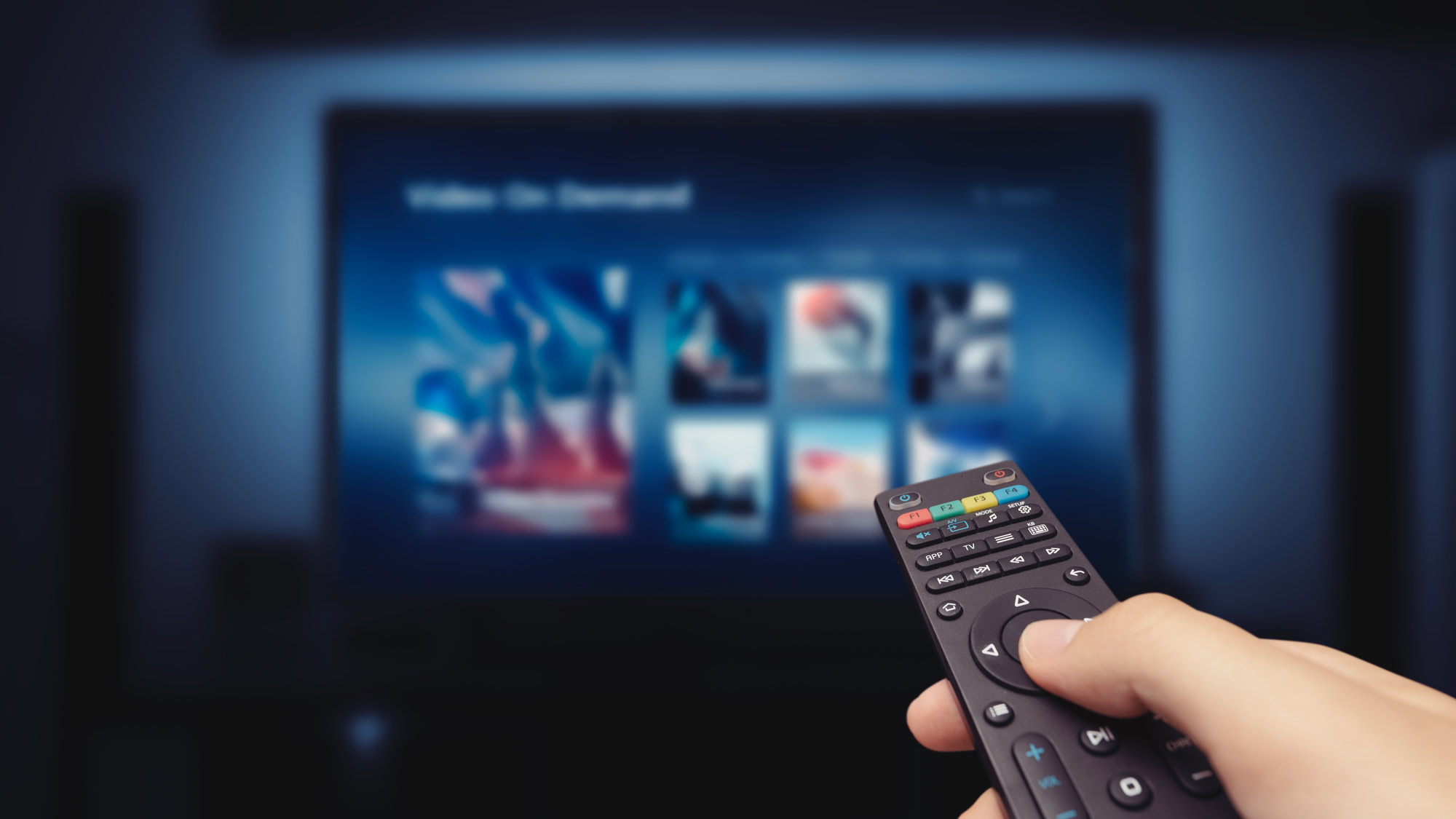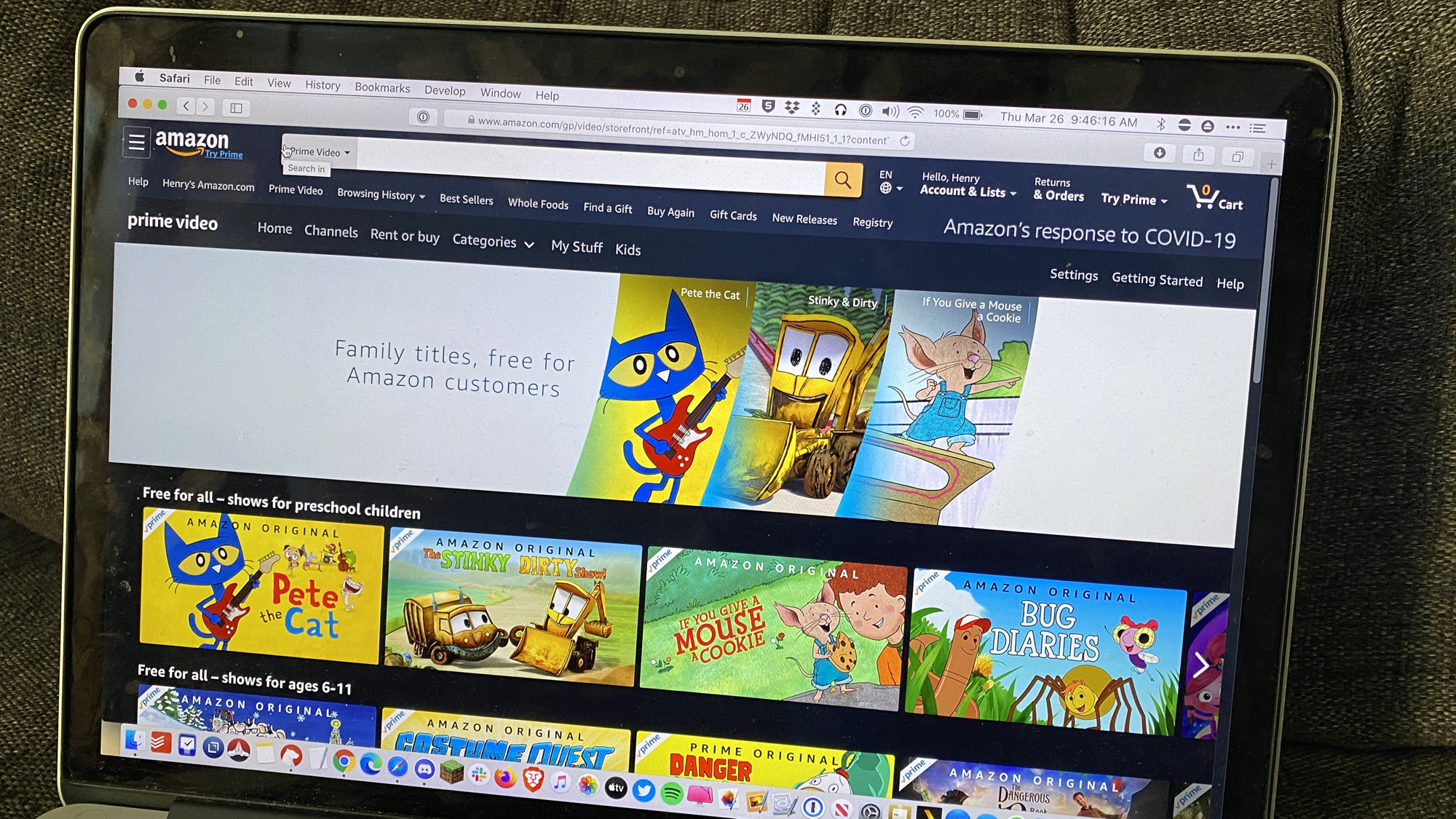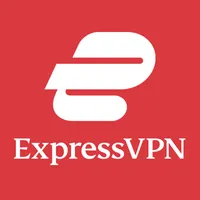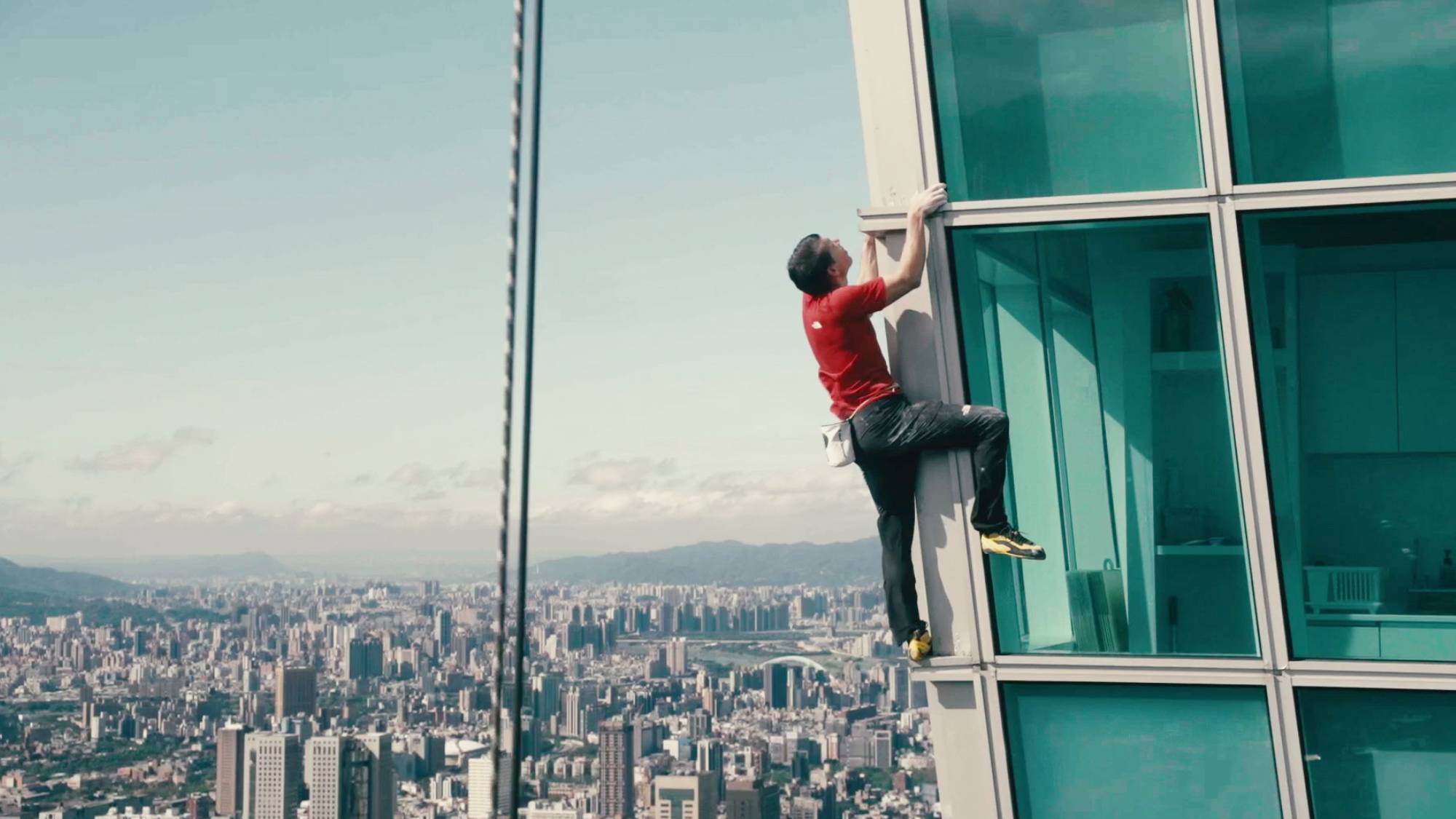Why do streaming sites block VPNs?
Why doesn’t Netflix want you to watch content with a VPN?

More and more streaming websites are using security methods to detect when someone is attempting to access their website with a virtual private network. The best VPN helps protect your privacy online by encrypting your internet activity and rerouting it through a private server, often in a different location.
With a streaming VPN, you can also access streaming content that may otherwise be geo-blocked, or locked to you based on your location. For example, BBC iPlayer is only available to users in the UK, but with a VPN, you can make it appear as if you are in the UK and so access iPlayer’s entire streaming library.
In this article, we discuss why streaming sites like Netflix and BBC iPlayer are eager to block VPN users.
- Check out our latest testing on which VPNs work with Netflix
Licensing agreements
By far the most common reason that streaming websites put so much effort into blocking VPNs is because of their licensing and distribution agreements for the content that they host.
While many sites produce plenty of original content, much of what’s available to stream on various platforms isn’t actually owned by the platforms themselves. Sites like Netflix, Hulu, and Amazon have to negotiate licensing agreements to carry certain movies, television shows, and events. These agreements can be expensive for the streaming sites, especially since there are so many streaming services, and they all compete for subscribers by offering a wide range of quality content.
Licensing agreements vary by region because certain television shows and movies are worth more in some regions than others. A German-language television show, for example, is going to attract more viewers in Germany than in the US. Therefore, the licensing agreement for a German show will likely be more expensive in Germany than in other countries.
There’s also a variety of different streaming platforms in various countries, meaning that a movie that is available for a streaming platform to license in Australia might not be available for the same platform to license in Korea.
That’s why streaming content can vary by country and why streaming sites go to such great lengths to try to block VPNs. If Netflix allows a user with a Netflix VPN in Canada to access a show that Netflix only has the license to show in the US, they are in violation of an expensive licensing agreement. If they don’t try to protect their license, they are risking that agreement being terminated and that content going to a competitor.
- Is it legal to use a VPN when streaming? We explain all.
Location-specific public service
Another reason that streaming sites might block VPNs is if the service is a public utility provided to a specific country. BBC iPlayer is an example of this. The BBC is a public utility in the UK, meaning that it’s run by the government. UK residents pay a licence fee in order to have access to the ad-free programming on the BBC.
Since UK residents are the only ones paying for this service, it makes sense that BBC’s streaming service, BBC iPlayer, would block access to those using an iPlayer VPN in other countries, as they haven’t paid that fee – and seeing as not everything on iPlayer is produced by the BBC, the same distribution restrictions mentioned above also apply.
- What is a VPN? Here's our complete guide

Government restrictions
If you’re a regular YouTube watcher, you’ve probably come across this message: “This video is not available in your country.” While this can often be because of content licensing, it can also be because of government restrictions against negative propaganda, violence, or sexual content in your country.
YouTube does not currently make much of an effort to block VPNs, but it’s possible that government restrictions could play a part in it doing so in the future. For now, though, just about any VPN will work as a YouTube VPN and get you access to restricted content on YouTube.
Bottom line
If you get an error message when you try to stream with a VPN, it’s likely that a licensing agreement is the reason, and the streaming site that you want to watch has blocked VPNs.
The best way to get around a VPN block is to upgrade to a higher quality VPN. Paid VPNs are much better than free VPNs when it comes to providing new, unblocked IP addresses and disguising VPN traffic as regular traffic. VPNs like ExpressVPN, NordVPN, and Surfshark can provide a much better streaming experience than their free counterparts.
What do we recommend?
ExpressVPN stands out from the competition in terms of price, features, and value. With over 3,000 servers in nearly 100 countries, all the security features necessary, blazing connection speeds, and reliable access to multiple streaming services, ExpressVPN is an excellent choice for those after security with no compromises.
While some users may prefer certain features of other top VPNs, it’s the best overall option for most users – and now Tom’s Guide readers can claim three months absolutely free.
Get instant access to breaking news, the hottest reviews, great deals and helpful tips.
Sarah James is a freelance writer in Los Angeles. She has written about creativity, culture, and technology for brands like TechRadar, Submittable Content For Creatives, The Billfold, Pittsburgh City Paper, The Toast, and more.
 Club Benefits
Club Benefits







